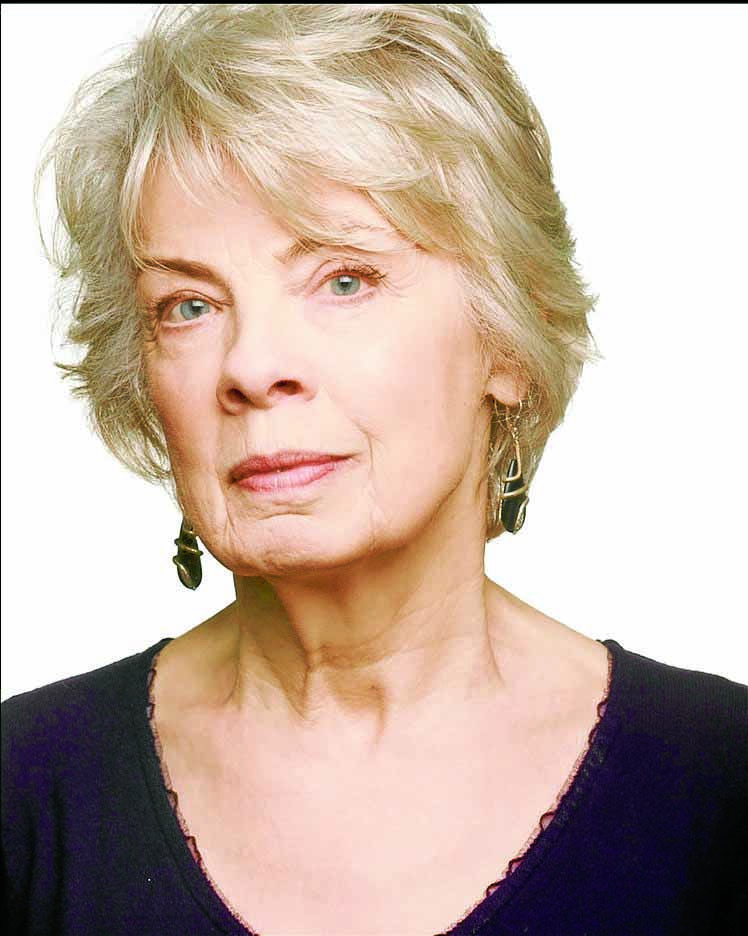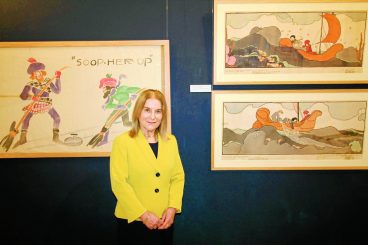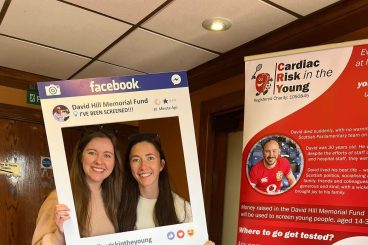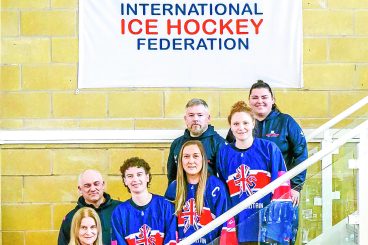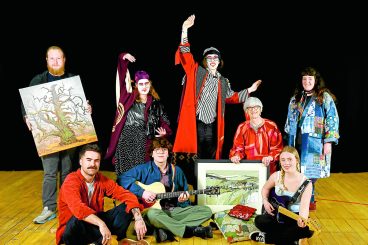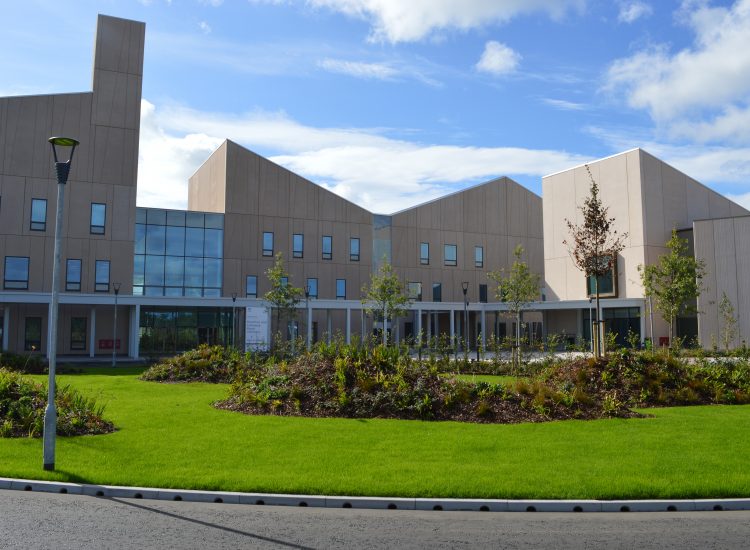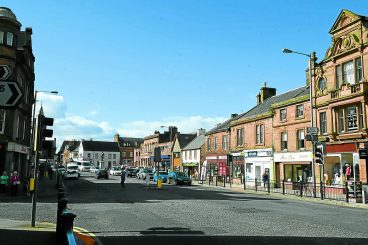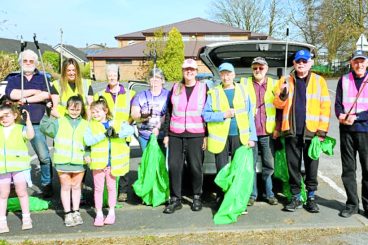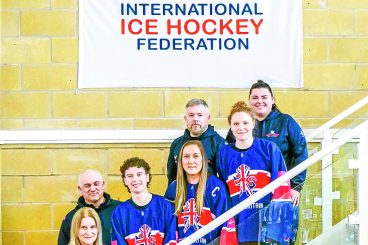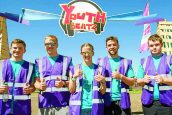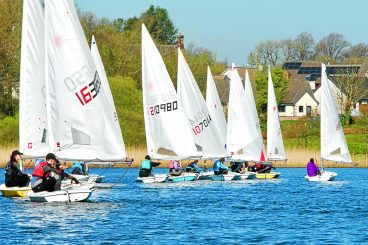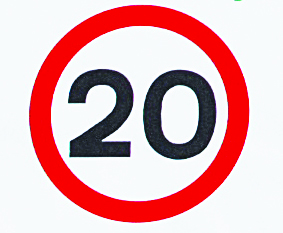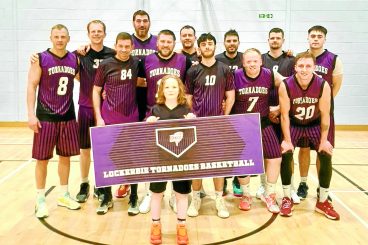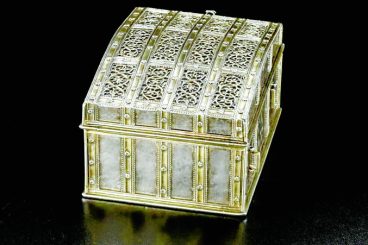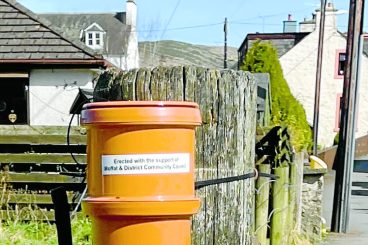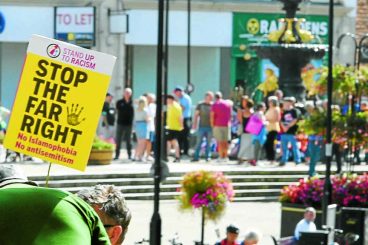Do you come from a literary background?
Not at all, although my dad, a working class lad brought up in an orphanage in Birmingham was extremely well read. He revelled in books and particularly poetry. He met my mum when she was working in the local library where his persistent borrowing impressed her!
By the time I was ten he had taught me to recite John Donne’s Nocturnal upon St Lucie’s Day by heart. I can still recite it now!
What writers influenced you as a child/ while you were growing up?
In order to get rid of my ‘Brummie’ accent I was sent to elocution lessons and entered for various LAMDA poetry exams so had to learn poems by heart for those. Cargoes by John Masefield was one of them. I loved Shakespeare having learned Juliet’s ‘potion’ speech for an exam. Thomas Hardy’s The Ruined Maid and Robert Graves’ Welsh Incident, which required a degree of acting, I remember learning too.
How did you get started as a poet?
I’ve always written, so there was no ‘starting place’. I think of poetry ‘as the language I speak’ if that doesn’t sound too pretentious. Ideas, lines and images are always popping into my head. But aged 17 I had my first poem on BBC Radio 4 – a poem called ‘No Rachel…’ about nuclear disaster which I think encouraged me to think more seriously about ‘poet’ as an identity, rather than just ‘something I did’. I remember the novelist Hubert Nicholson, who had read some of my work, saying ‘You ARE a poet’ which meant more than he can possibly have understood!
Do you find writing easy?
No, mostly it is hard won. Crafting a poem, thinking about how it might sound in performance is always a lengthy process. Although, just once in a while a poem drops into your lap like a gift. Not too often though.
What is the inspiration behind your latest collection Skookum Jim and The Klondike Gold Rush?
I first visited Yukon in 2013 to visit family in Whitehorse, the capital, and travelled north up The Dempster Highway and through some of the most amazing landscapes I had ever seen. While there I began to learn a little about the Gold Rush at the heart of The Yukon’s history. We visited the gold rush town Dawson City, still with its false frontages, visited Robert Service’s cabin and heard an actor spouting some of his verse, sat on the ‘marge’ of Lake Leberge, site of Service’s famous poem ‘The Cremation of Sam McGee, learned something of first nation involvement in the great stampede, the impact on the indigenous communities, and also the madness and ignorance of the get-rich-quick prospectors. I was hooked. The idea for this collection had started to grown in my head but I knew I simply had to go back to see more, experience more, learn more if I was ever going to write it and thanks to some generous Open Lottery Funding I was able to go back in 2017 and find out more.
Skookum Jim and The Klondike Gold Rush was published by Indigo Dreams in March 2020. Not the best of times to launch a new book, so I am particularly grateful to the Wigtown Book Festival for giving me the opportunity to launch it.
The collection is a gift to The First Nation People of The Yukon, many of whom still strive to regain the land and the way of life they lost.
What advice would you give to aspiring poets?
Advice that was given to me by playwright and poet Bernard Kops. Invaluable. ‘Don’t get it right, get it written!
Chrys’s poetry collection is available to buy at www.indigodreams.co.uk/chrys-salt-skookum





